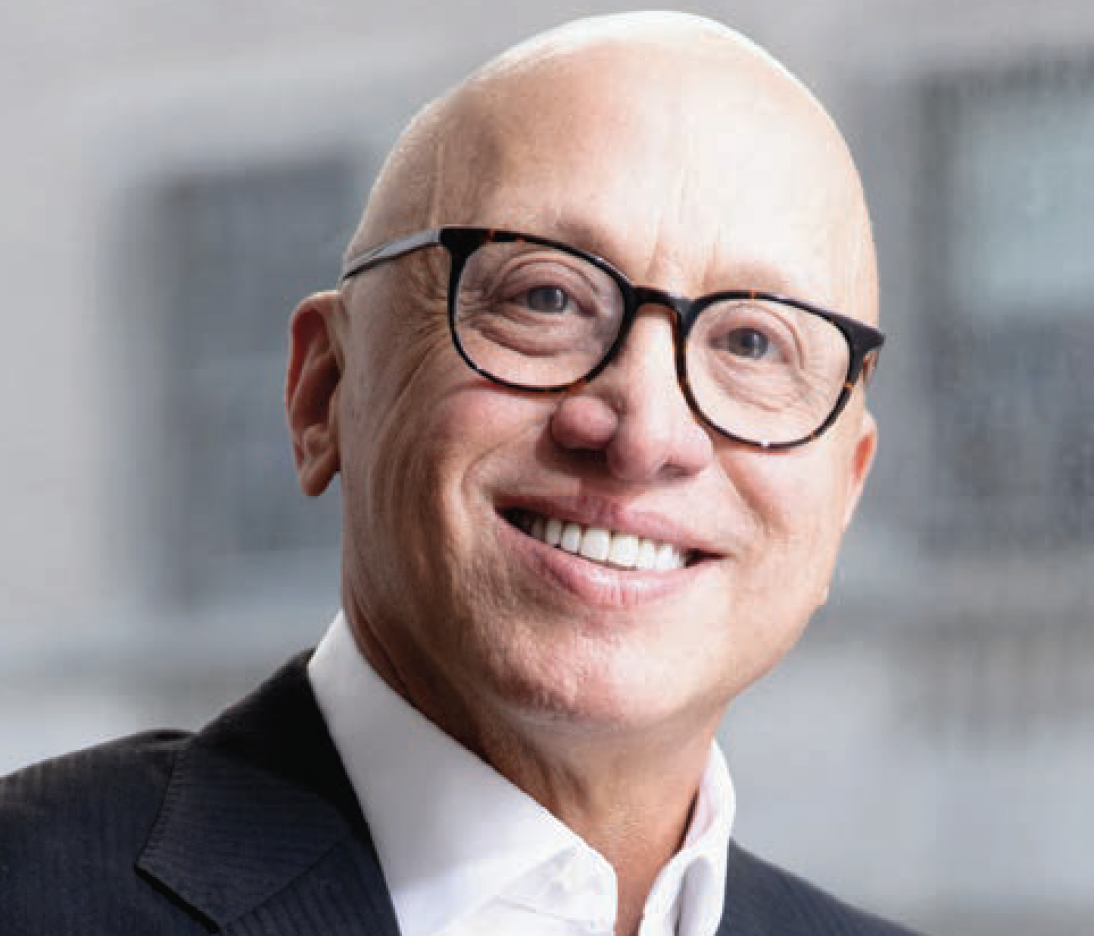 Dr Goldberg earned his medical degree from Yale University School of Medicine in New Haven, CT, and later went on to complete his dermatology residency and a dermatologic surgical fellowship at New York University Medical Center in New York City. In addition to medicine, Dr Goldberg graduated from Fordham University School of Law. Throughout his career, Dr Goldberg has become internationally recognized for his expertise in lasers and cosmetic medicine, including facial and body rejuvenation.
Dr Goldberg earned his medical degree from Yale University School of Medicine in New Haven, CT, and later went on to complete his dermatology residency and a dermatologic surgical fellowship at New York University Medical Center in New York City. In addition to medicine, Dr Goldberg graduated from Fordham University School of Law. Throughout his career, Dr Goldberg has become internationally recognized for his expertise in lasers and cosmetic medicine, including facial and body rejuvenation.
Currently, Dr Goldberg is a clinical professor of dermatology at the Icahn School of Medicine at Mount Sinai in New York City and clinical professor of dermatology and chief of dermatologic surgery at Rutgers New Jersey Medical School in Newark. Dr Goldberg also serves as an adjunct professor of law at Fordham University, teaching a course on health care law. He formerly served as the director of laser research and Mohs surgery at Icahn School of Medicine.
In the past, Dr Goldberg served as president and chair of both the Ethics Committee and the International Committee of the American Society for Laser Medicine and Surgery (ASLMS). To honor his career and contributions to medicine, Dr Goldberg was the first-ever recipient of the ASLMS Leon Goldman Award. He is also past chair of the Ethics Committee of the American Academy of Dermatology (AAD). Dr Goldberg has been a member of the board of directors for ASLMS, AAD, and the American Society for Dermatologic Surgery.
Dr Goldberg has published extensively on laser hair removal, ablative and nonablative skin rejuvenation, photodamaged skin, cutaneous laser surgery complications, acne, rosacea, and fat and cellulite treatments, and dermal fillers. He has been part of several pivotal studies on laser hair removal, nonablative skin treatments, skin tightening, erectile rejuvenation, and fillers and botulinum toxins. Besides authorship, Dr Goldberg serves on the editorial boards of Lasers in Surgery and Medicine and Dermatologic Surgery and as senior chief-editor of Journal of Cosmetic and Laser Therapy.
Q. Which medical figure in history would you want to have a drink with and why?
A. Since I had a drink with Leon Goldman, MD, the father of laser medicine, before he died, I only wish I had a drink with Albert Einstein. Without his wisdom, today’s lasers would not exist.
Q. What is the greatest political danger in the field of dermatology?
A. Today’s physician burnout impedes the energy and love of dermatology that drove the career of my peers’ generation. Burnout is so destructive. Do not let it take over!
Q. Which patient had the most effect on your work and why?
A. Changing the lives of children with laser-treated port wine stains. There is nothing better than watching these children improve and the smiles on both their faces and the faces of their parents.
Q. What is the best piece of advice you have received and from whom?
A. “Love what you do and if you love what you do, you will be successful,” as told to me in my final year as a medical student at Yale by my mentor at Yale, Dr Irwin Braverman.
Q. Are an understanding & appreciation of the humanities important in dermatology and why?
A. To me, an appreciation of humanities is an appreciation of the many aspects of life. What makes dermatology so unique is that we treat young and old, surgical and nonsurgical, cosmetic and medical—we treat and appreciate all aspects of the skin. Most physicians who love dermatology also have an appreciation of the humanities.
Q. What is your greatest regret?
A. I only got an MD and JD and not an MBA!
Q. Who was your hero/mentor and why?
A. Ronald Wheeland, MD, a former president of the AAD, ASDS, and ASLMS. He saw in me what my professional future in lasers would be long before I knew it.


























